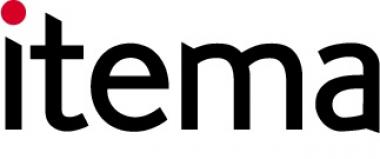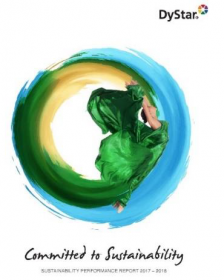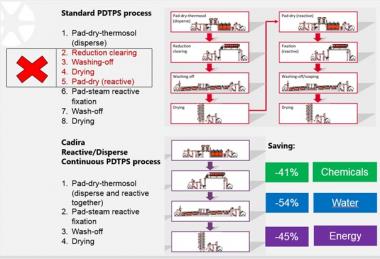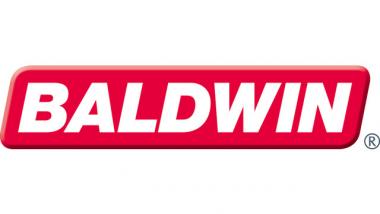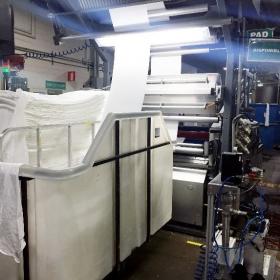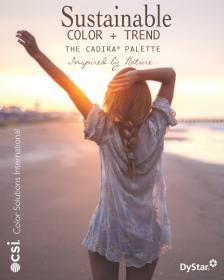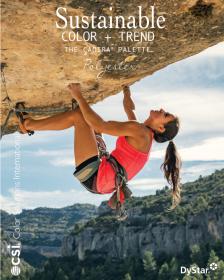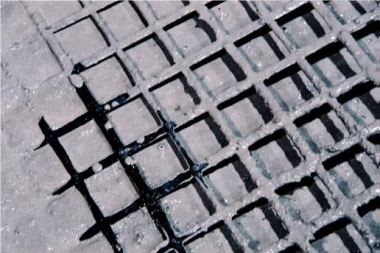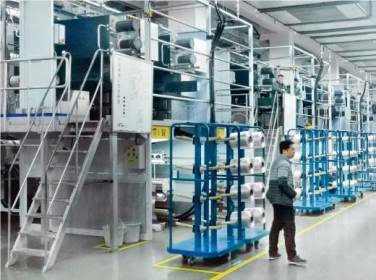Denim goes greener through the whole chain. Prosperity Textile acting as a pioneer and choosing the first sustainable innovation in the weaving industry: the brand-new iSAVER™ by Itema
A new important partnership marks the path of Itema towards a greener future for the whole denim production chain. Prosperity Textile, one of the main denim producers worldwide, has chosen for its new facility one of the most interesting and sustainable-oriented Itema technologies, iSAVER™ equipped on the Itema R95002denim. Prosperity Textiles is, in fact, one of the early adopters of this new technology chosen for the new plant that the world-famous indigo fabrics producer will open in Vietnam, and that will be exclusively equipped with the latest Itema weaving machine model, demonstrating once again its green, future-oriented approach.
Thanks to its partnership with Itema, Prosperity Textiles makes again a step forward in terms of sustainable innovation, as one of the first denim producers able to successfully turn - even the weaving production - green. A partnership that is planned to be showcased in some of the most important textiles exhibitions worldwide focusing on Asian and denim markets. A path that starts with KingpinsShow, Amsterdam (October 24-25) where the Chinese denim producer will put into the spotlight this brand-new solution aimed at further increasing the eco-driven approach of the company; an important appointment is also in the Itema calendar: the ITMA Asia + CITME 2018 exhibition, Shanghai (October 15-19) where the Italian company showcased the important green step-forward in denim weaving processes and the full range of its innovations.
iSAVER™: the ideal green tool for denim weaving
This new technology, developed by ItemaLab™, the Itema Advanced Innovation Department, isable to completely eliminate the left-hand weft waste, allowing to insert the weft yarns in the fabric without the need of additional yarns. iSAVER™ significantly reduces raw material waste, leading to tangible benefits in terms of machine’s efficiency, cost reduction and energy saving.
Just consider that the weaver will gain a minimum saving of € 2.000 per year per machine, and our planet will gain even more. In fact, for the first time in the weaving industry, a sustainable approach when choosing the weaving equipment is now possible. Thanks to iSAVER™, 1.000 Kg of cotton per machine per year – the 3% of the total raw materials - will be saved, thus avoiding the waste of 20 million liters of water, equivalent to 400.000 showers.
Numbers are clear: the introduction of iSAVER™ clearly sets a new benchmark in terms of sustainability within denim fabric production. Furthermore, the iSAVER™ is one of the key features of the Itema R95002denim, the rapier weaving machine born and designed to weave denim guaranteeing to weavers superior textile quality, outstanding user-friendliness and tangible energy and raw materials saving.
A joint eco-driven path
Itema, understanding very well the importance of saving resources and energy to drive the textile production in the direction of a more conscious manufacturing, focused its attention to develop breakthrough weaving solutions and in 2018 introduced to the market the iSAVER™, a revolutionary device dedicated specifically to denim fabrics able to eliminate the waste selvedge on the left-hand side of the fabric.
This is one of the reasons-why Prosperity Textiles has chosen to adopt this extraordinary technology for its new facility. Today Prosperity Textiles is one of the main denim producers worldwide, counting 1,300 employees and 20 offices worldwide. Moreover, a second state-of-theart denim mill will be inaugurated in Vietnam by the end of 2018.
What makes Prosperity able to stand out on a global scale, is not simply its products high quality but the ability to conciliate flawless denim fabric production with a sustainability-oriented mindset that permeates every stage of their textile supply chain.
Prosperity, indeed, adopted innovative green manufacturing concepts through all stages of the company’s operations, from product development, raw materials procurement and processing, to natural resources and energy utilization including waste management. Prosperity’s denim production is based on the employment of best quality yarns available on the market, while still targeting the most sustainable sources, from BCI to organic, recycled cotton, and from Tencel™ Lyocell to Sustans™, in 2017, more than 20 million yards fabric sales from Prosperity are with sustainable fibers inside.
The introduction of eco-friendly dyeing and finishing practices allows the company to create beautiful indigo shades and performance denims, with less water and energy consumption compared to the traditional systems. Last year, Prosperity produced 20% more fabrics than 2016, yet the water and electricity use and greenhouse gas emission was down by 11.5%, 7.9% and 5.4% respectively.
In this continuous process of improvement and contribution to a greener industry and planet, plays a central role the recent renewal of the historic partnership and strategic alliance with Itema – the leading manufacturer of cutting-edge weaving solutions – which represents the natural evolution of a constant process of research for partners able to support Prosperity Textiles’ growth as a sustainable company.
Up to now, all innovations and efforts done in this regard addressed the traditionally more polluting steps of the denim production. In fact, if the development of green technologies is nowadays spread in many fabric processing stages, such as finishing and dyeing, weaving was not yet capable to provide sustainable solutions to weavers.
Itema
Itema Group


